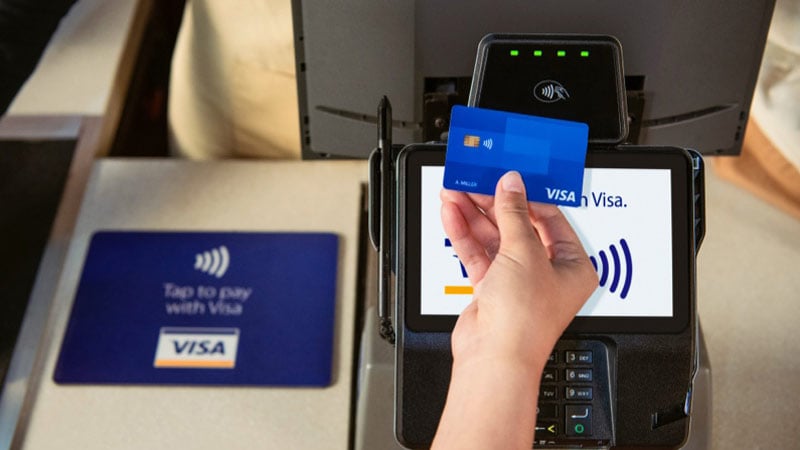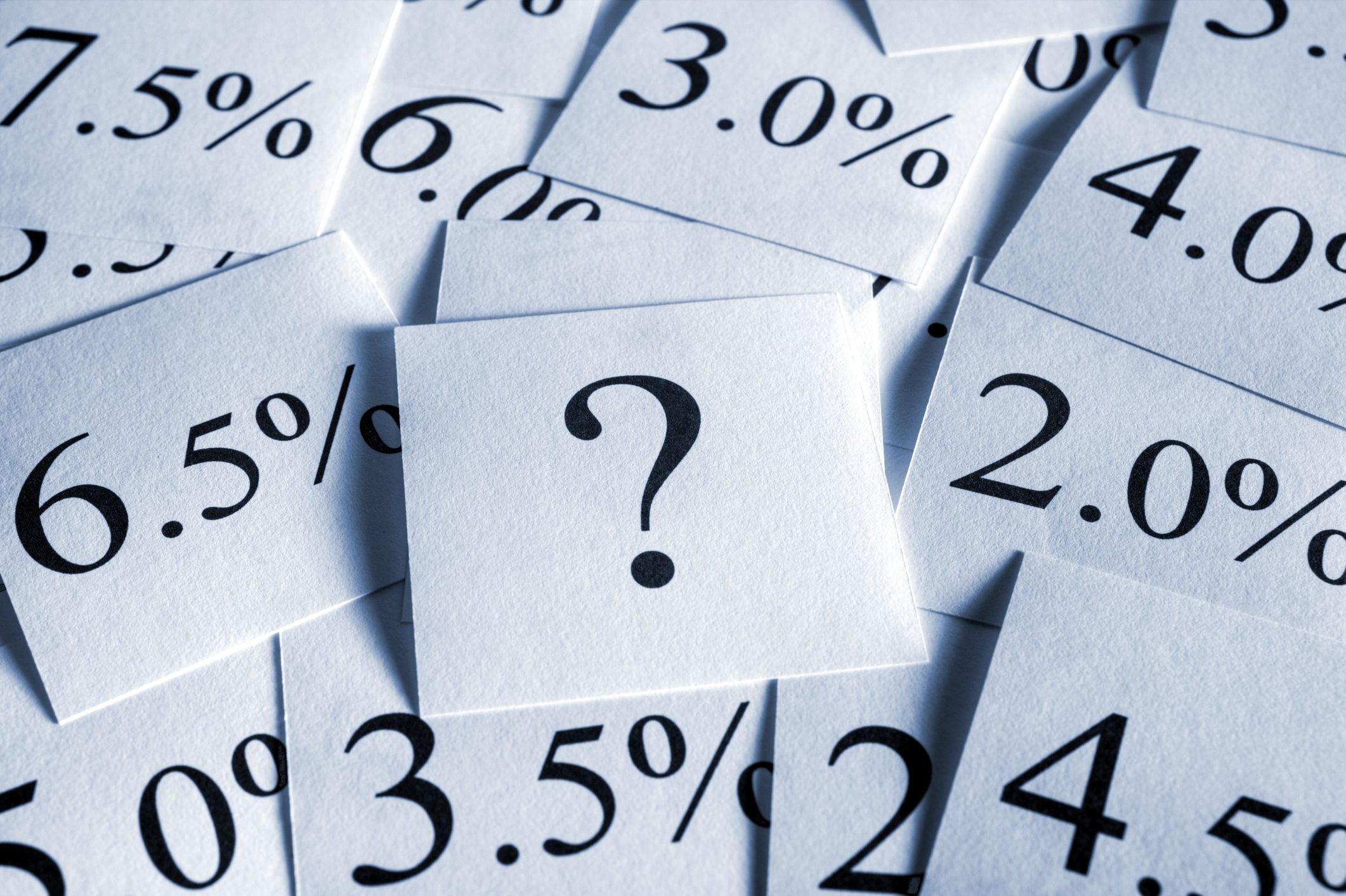Visa (V 3.00%), one of the world's leading payment network providers, went public in 2008. If you had invested $10,000 in its IPO, your investment would now be worth over $250,000 and generating nearly $1,900 in annual dividends.
Some investors might be reluctant to buy Visa's stock after that historic rally. However, I'll explain why it's still a great long-term investment for six simple reasons.

Image source: Getty Images.
1. Visa operates a simple, low-risk business
Visa is often considered a credit card company, but it doesn't issue any cards. It only operates a global payment network which charges merchants "swipe fees" (usually 1.5% to 3.5%) to process their transactions. Banks and other financial institutions partner with Visa to issue cobranded cards, and they're responsible for handling all the debt.
Visa's rival Mastercard (MA 0.91%) uses the same low-risk business model, but American Express (AXP 1.80%) issues its own cards and takes on those liabilities. That's why Visa ended its latest quarter with a manageable debt-to-equity ratio of 1.3, compared to a ratio of 4.7 for Mastercard and a much higher ratio of 8.2 for American Express. That simpler business model makes Visa more appealing than its more leveraged financial peers.

NYSE: V
Key Data Points
2. It shares a near-duopoly in card payments with Mastercard
Visa-branded cards account for roughly half of all credit cards in circulation and half of all card-based payment volumes. Together, Visa and Mastercard control more than 90% of the global payment processing market outside of China.
That near-duopoly drives most businesses to accept Visa and Mastercard and begrudgingly pay the swipe fees for those transactions. That flywheel constantly fuels Visa's growth, widens its moat, and locks in its customers and merchants.
3. It's growing at a steady rate
From fiscal 2013 to fiscal 2023 (which ended last September), Visa's revenue rose at a compound annual growth rate (CAGR) of 11%, and its earnings per share (EPS) grew at a CAGR of 16%. It bought back over a fifth of its shares during that decade.
Visa's top line growth decelerated in 2023 as inflation and rising interest rates curbed consumer spending. However, those headwinds should dissipate as inflation cools and interest rates gradually decline. From fiscal 2023 to fiscal 2026, analysts expect its revenue to grow at a CAGR of 10% as its EPS increases at a CAGR of 14%.
4. Its stock looks reasonably valued
Based on those expectations, Visa's stock trades at 25 times next year's earnings. That makes it a bit cheaper than Mastercard, which trades at 30 times forward earnings. Visa also bought back $10.9 billion in shares throughout the first nine months of fiscal 2024, and it still has $18.9 billion left in its current buyback authorization. Those consistent buybacks suggest its stock is still undervalued relative to its long-term growth potential.
5. It can overcome its regulatory challenges
Visa's biggest long-term challenge is the threat of tighter regulations. For nearly two decades, Visa and Mastercard faced constant pressure from individual merchants, merchant groups, and antitrust regulators to reduce their swipe fees.
This March, Visa and Mastercard finally reached a preliminary settlement with several U.S. merchant groups to cut their swipe fees by at least four basis points over the next three years and cap their average fees over the next five years. But in June, a U.S. court rejected that settlement and forced the two companies to negotiate even lower fees.
That pressure is keeping a lot of investors away from Visa and Mastercard, but they should eventually overcome these regulatory challenges. Even if they're forced to reduce their swipe fees by 10 basis points in the U.S., that would only represent a sliver of their total fees. They could also offset that pressure by raising their swipe fees in other markets.
6. Warren Buffett still loves the stock
Last but not least, Visa is still one of Warren Buffett's major holdings for Berkshire Hathaway (BRK.A +1.19%) (BRK.B +0.80%). Buffett started buying Visa in 2011, and that $2.27 billion position now accounts for 0.7% of Berkshire's entire portfolio. Berkshire Hathaway trimmed that position slightly in 2021, but it hasn't sold any additional shares since then.
I think that's a green flag for Visa, since Berkshire Hathaway reduced its stake in a lot of other major holdings -- including Apple and Bank of America -- over the past year as the S&P 500 set new record highs.
Visa's stock probably won't blast off anytime soon. But if you're a patient investor who wants a financial stock that can generate reliable gains over the next few decades, you should buy Visa's stock hand over fist before the bulls rush back.









